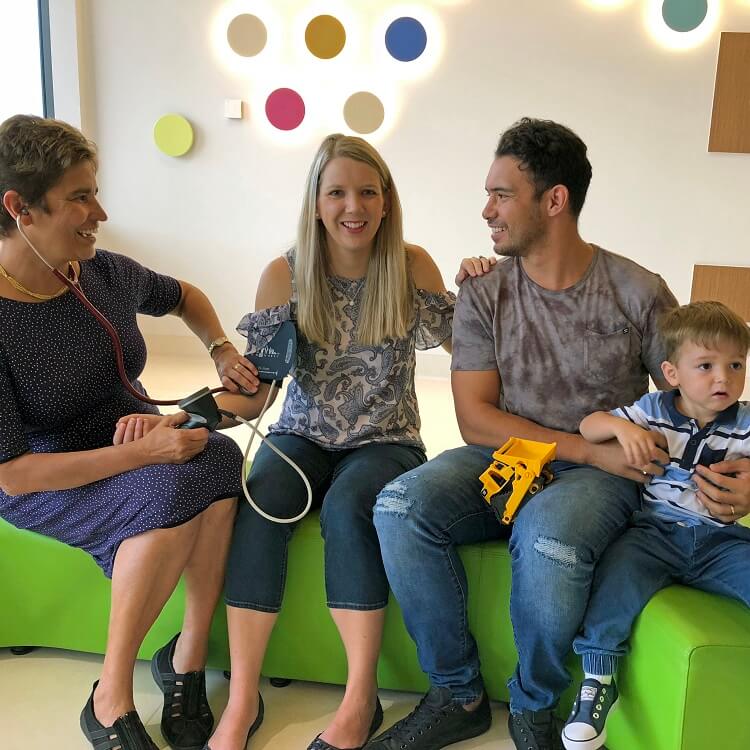Search
Research
The ORIGINS Project Biobank: A Collaborative Bio Resource for Investigating the Developmental Origins of Health and DiseaseEarly onset Non-Communicable Diseases (NCDs), including obesity, allergies, and mental ill-health in childhood, present a serious and increasing threat to lifelong health and longevity. The ORIGINS Project (ORIGINS) addresses the urgent need for multidisciplinary efforts to understand the detrimental multisystem impacts of modern environments using well-curated large-scale longitudinal biological sample collections.
Research
Cohort Profile: The ORIGINS pregnancy and birth cohortDesiree Dr Jackie Susan Lisa Zenobia Silva Davis Prescott Gibson Talati MBBS, FRACP, MPH, PhD BSc (Hons), PGradDipHlthProm, PhD MBBS BMedSci PhD

News & Events
ORIGINS reaches key milestoneORIGINS, a collaboration between The Kids and the Joondalup Health Campus, has achieved a major milestone – recruiting its 1000th family.

Breastfeeding and Eating Nuts and Eggs for Infant Tolerance

A list of organisations that currently collaborate with ORIGINS.

News & Events
New FHRI funding to support research helping kids have a healthier start to lifeORIGINS has secured $500,000 in funding from the WA Government’s Future Health Research and Innovation (FHRI) Fund.

Investigating school readiness in ORIGINS' five-year-olds

Find information on each session, and your pre-appointment checklist to ensure you are prepared.

A child's brain undergoes massive change in the first few years of life, forming millions of new neural connections. They must quickly learn how to function in the world.

News & Events
Virtually More ConvenientORIGINS is now offering telehealth appointments for the paediatric assessment at the one- and three-year timepoints
